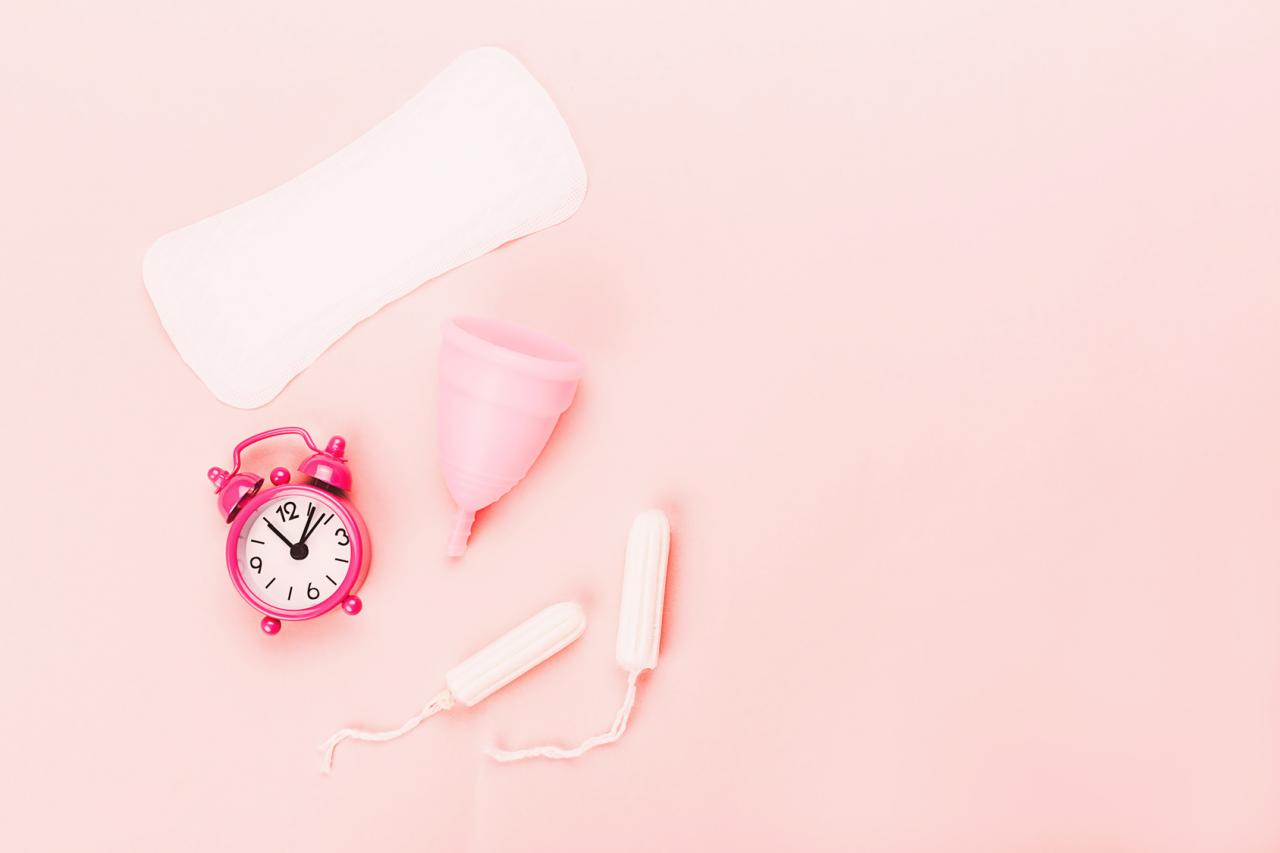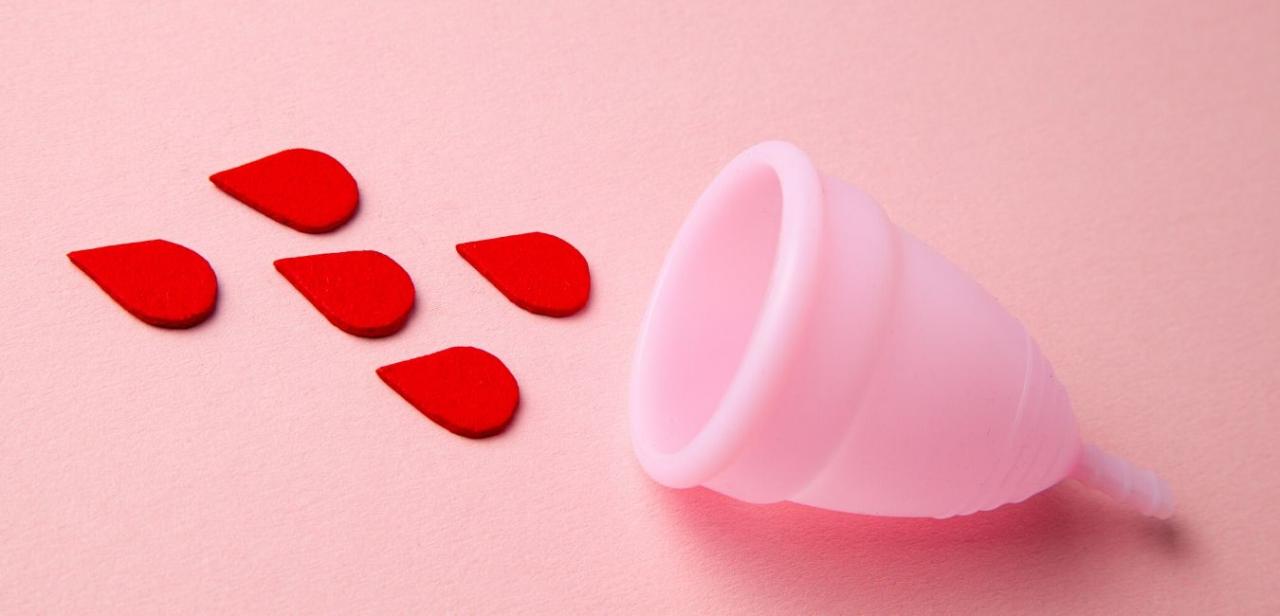 Andres Rodriguez/PhotoSpin
Andres Rodriguez/PhotoSpin
The menstrual cycle occurs in all females from the onset to puberty (average age 11 or 12 years) to the menopause in middle age (average age between 45-55). The lining of the uterus is shed via vaginal bleeding when a girl or woman has not conceived a pregnancy.
The menstrual period lasts between two days and seven days, usually occurring once every 28 days, although anything from once every 24 days to once every 35 days is considered normal.
If you are having a period more than once every 24 days, it is considered an irregular cycle.
Having a period once every two weeks, or twice a month is abnormal and you should see your doctor because you may become anemic if you are having very frequent periods. They are sometimes a sign of infection or other medical problem that would need treatment.
Reasons for a period every two weeks could be:
• Dramatic weight loss or gain -- This changes the hormones in the body and these are responsible for directing when the period will start.
• Excessive exercise -- This too disrupts hormones.
• Stress -- Exams, family argument, financial worries, divorce, even a holiday can cause a temporary change in your menstrual cycle.
• Illness and/or medications -- Some medications can affect your cycle. Talk to your doctor about altering or stopping your medication if you think this is happening.
• Uterine problems such as polyps, cysts, fibroids or tumors (either benign or cancerous).
• Sexually transmitted infections -- These can cause bleeding in between periods which can be mistaken for a period.
• Thyroid problems -- Thyroid disease could cause a thickening of the uterine lining, resulting in more bleeding than normal.
• Reactions to contraceptive methods -- Sometimes the pill, depo provera injections or the copper-only IUD can result in a change in your cycle.
~ The pill and IUD can make you bleed in between periods, known as "breakthrough bleeding" and this may be mistaken for a period.
~ The IUD can also make your periods heavier.
~ The depo-provera injection can make your cycle irregular, however, it often stops your period altogether instead of making it more frequent.
~ Sometimes changing or stopping your method of contraception can cause a sudden drop in hormones and this can result in a change to your cycle.
• Onset of menopause -- In women aged 45 and over, having periods every two weeks can be a sign that you are about to go through menopause. It can be a sign of ovulation beginning to shut down. If you are under 45, having irregular periods in addition to other symptoms commonly associated with menopause, may signal premature ovarian failure.
Treatment
Sometimes treatment is not necessary, for instance, if the disruption in cycle is due to stress, weight loss or gain, or illness, it may be temporary and may correct itself in time.
However, to rule out other possibilities your doctor will perform a pelvic examination. Your doctor may also take a sample of the uterine lining as well as doing an ultrasound scan to see if there are any obstructions in the uterus, such as fibroids.
If any obstructions are found, you can be referred for surgery to have them removed. If any cancer is found, you will be referred to an oncologist who will plan your care with you.
Sexually transmitted infections can be treated with antibiotics (and the use of condoms to prevent further infections). Your partner may have to be treated as well.
If the problem is caused by a contraceptive device or medication, this can usually be changed to stop the problem.
Heavy and/or frequent periods can sometimes be controlled by certain brands of the pill. If you find they are really disrupting your life, for instance, you are bleeding through your clothes, have to miss work days and can’t plan your holidays, this may be an option depending on your medical history.
Hormone treatment could also be given in this scenario, if you have thyroid disease or if you are starting menopause.
Sources:
Periods, Heavy. NHS Choices. Web. 26 May 2012. http://www.nhs.uk/conditions/periods-heavy/pages/introduction.aspx
Heavy Periods (Menorrhagia). WebMD. Retrieved May 27, 2012.
http://women.webmd.com/guide/heavy-period-causes-treatments
Top Ten Causes of Heavy Menstrual Bleeding. About.com Women's health. Retrieved May 27, 2012. http://womenshealth.about.com/od/abnormalbleeding/a/causemenorrhagi.htm
Irregular Periods Every Two Weeks, 34 Menopause Symptoms. Web. 26 May 2012.
http://www.34-menopause-symptoms.com/irregular-periods/articles/irregular-periods-every-two-weeks.htm
Premature Ovarian Failure, National Insititute for Child Health and Human Development. Web. 26 May 2012. http://www.nichd.nih.gov/health/topics/Premature_Ovarian_Failure.cfm
Joanna is a freelance health writer for The Mother magazine and Suite 101 with a column on infertility, http://infertility.suite101.com/ She is the mother of five children and practices natural childbirth, delayed cord clamping, full term breastfeeding and organic food diet.
Reviewed May 28, 2012
by Michele Blacksberg RN
Edited by Jody Smith






Add a Comment221 Comments
I am 17, and I have never remembered having a regular schedule since I got my period at 14, so I thought it was normal that I was either late or early. Now it is concerning me more because I have had three periods in 31 days. Should I worry?
January 15, 2016 - 11:05pmThis Comment
Hello Anonymous,
This is not normal. Schedule an appointment with either your primary care physician or a gynecologist first. Most likely, it is a hormonal issue that can be corrected with treatment.
Maryann
January 18, 2016 - 9:52amThis Comment
Hello, I'm 17 and I had my period last on Dec. 2 through 10th. Then I got it again for like a day and a half. On new years I had sex with my boyfriend. Now I'm late on my period this month is that normal?
January 9, 2016 - 8:31pmThis Comment
Hi Anonymous,
When exactly did you bleed a day an d a half after your period in December? A period that lasts only a day and a half is not normal. Nor is it normal to have two periods in one month, unless one is at the beginning of the month and the second starts at the end of the month.
How late is your period? If it is late by more than one week and sex was unprotected, take a home pregnancy test. Then contact your gynecologist or primary care physician.
Regards,
January 11, 2016 - 10:03amMaryann
This Comment
My minstruation is 2x a month which is every 15th and 30th is it normal having this.. its start past 2 months ago and i am only 20 years old..
Pls help me i cant go to the doctor becaus im scared.!
January 13, 2016 - 8:16amThis Comment
Hi Anonymous,
There is nothing to be scared about. As you read in this article, there are a number of reasons for having two periods in one month. The menstrual cycle is regulated by a precise balance of hormones. Any upset in this balance will cause an irregularity.
A gynecologist can order blood tests to check your hormone levels, identify the cause and prescribe any necessary treatments. Sometimes, oral contraceptives are prescribed to help regulate the menstrual cycle.
Not knowing will only cause you more anxiety. It would be wise to have the problem taken care of now, since this only started two months ago and you are young.
Regards,
January 13, 2016 - 9:55amMaryann
This Comment
Hi I am 22 years old and I have had 3 periods in the past 6 weeks. This is abnormal I normal have one period the same time every month. I've had headaches more and have been nauseous and more tired than normal. What could cause this?
January 6, 2016 - 12:21pmThis Comment
Hello Anonymous,
It is abnormal to have more than one menstrual period per month, especially at your age. You need to schedule an appointment with a gynecologist. with a physical exam, obtaining a medical history, and any blood tests or diagnostic tests, a gynecologist can determine the cause of this.
Regards,
January 7, 2016 - 9:40amMaryann
This Comment
I am 24 yrs old 25 in May in have 2 kids 4 and 2 years old I am on the arm implant birth control and I have to get it out in May of 2016. Every day since being on it I have been on my period every week or 2 weeks...Is it okay or not okay????
January 6, 2016 - 9:52amThis Comment
Hello Anonymous,
This is not okay and please contact your gynecologist today.
Maryann
January 6, 2016 - 9:57amThis Comment